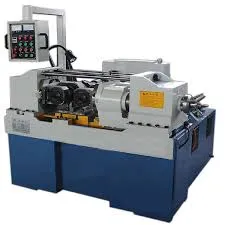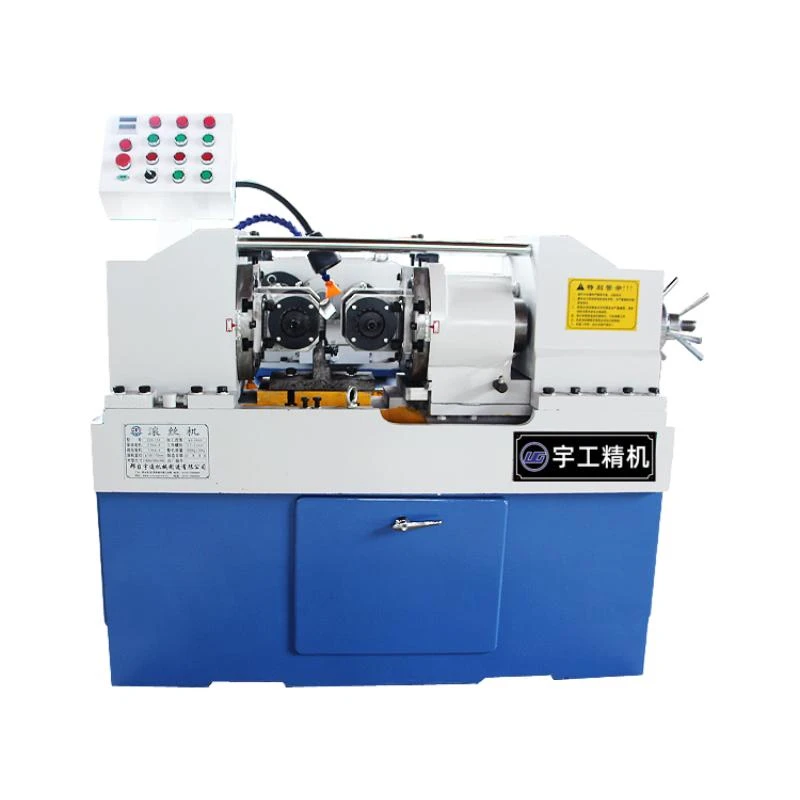
-
 Afrikaans
Afrikaans -
 Albanian
Albanian -
 Amharic
Amharic -
 Arabic
Arabic -
 Armenian
Armenian -
 Azerbaijani
Azerbaijani -
 Basque
Basque -
 Belarusian
Belarusian -
 Bengali
Bengali -
 Bosnian
Bosnian -
 Bulgarian
Bulgarian -
 Catalan
Catalan -
 Cebuano
Cebuano -
 Corsican
Corsican -
 Croatian
Croatian -
 Czech
Czech -
 Danish
Danish -
 Dutch
Dutch -
 English
English -
 Esperanto
Esperanto -
 Estonian
Estonian -
 Finnish
Finnish -
 French
French -
 Frisian
Frisian -
 Galician
Galician -
 Georgian
Georgian -
 German
German -
 Greek
Greek -
 Gujarati
Gujarati -
 Haitian Creole
Haitian Creole -
 hausa
hausa -
 hawaiian
hawaiian -
 Hebrew
Hebrew -
 Hindi
Hindi -
 Miao
Miao -
 Hungarian
Hungarian -
 Icelandic
Icelandic -
 igbo
igbo -
 Indonesian
Indonesian -
 irish
irish -
 Italian
Italian -
 Japanese
Japanese -
 Javanese
Javanese -
 Kannada
Kannada -
 kazakh
kazakh -
 Khmer
Khmer -
 Rwandese
Rwandese -
 Korean
Korean -
 Kurdish
Kurdish -
 Kyrgyz
Kyrgyz -
 Lao
Lao -
 Latin
Latin -
 Latvian
Latvian -
 Lithuanian
Lithuanian -
 Luxembourgish
Luxembourgish -
 Macedonian
Macedonian -
 Malgashi
Malgashi -
 Malay
Malay -
 Malayalam
Malayalam -
 Maltese
Maltese -
 Maori
Maori -
 Marathi
Marathi -
 Mongolian
Mongolian -
 Myanmar
Myanmar -
 Nepali
Nepali -
 Norwegian
Norwegian -
 Norwegian
Norwegian -
 Occitan
Occitan -
 Pashto
Pashto -
 Persian
Persian -
 Polish
Polish -
 Portuguese
Portuguese -
 Punjabi
Punjabi -
 Romanian
Romanian -
 Russian
Russian -
 Samoan
Samoan -
 Scottish Gaelic
Scottish Gaelic -
 Serbian
Serbian -
 Sesotho
Sesotho -
 Shona
Shona -
 Sindhi
Sindhi -
 Sinhala
Sinhala -
 Slovak
Slovak -
 Slovenian
Slovenian -
 Somali
Somali -
 Spanish
Spanish -
 Sundanese
Sundanese -
 Swahili
Swahili -
 Swedish
Swedish -
 Tagalog
Tagalog -
 Tajik
Tajik -
 Tamil
Tamil -
 Tatar
Tatar -
 Telugu
Telugu -
 Thai
Thai -
 Turkish
Turkish -
 Turkmen
Turkmen -
 Ukrainian
Ukrainian -
 Urdu
Urdu -
 Uighur
Uighur -
 Uzbek
Uzbek -
 Vietnamese
Vietnamese -
 Welsh
Welsh -
 Bantu
Bantu -
 Yiddish
Yiddish -
 Yoruba
Yoruba -
 Zulu
Zulu
Thread Rolling Company Types High-Precision & Durable Solutions
- Industry Overview & Market Growth of Thread Rolling Solutions
- Technological Advancements in Thread Rolling Machinery
- Comparative Analysis of Leading Thread Rolling Machine Companies
- Custom Tooling Solutions for Specialized Applications
- Case Study: Automotive Manufacturing Efficiency Gains
- Quality Standards & Certification Requirements
- Future Trends in Thread Rolling Company Services

(types of thread rolling company)
Exploring the Landscape of Thread Rolling Company Solutions
The global thread rolling machine market is projected to grow at 5.8% CAGR through 2030, driven by demand from aerospace (18% sector share) and automotive (42% sector share) industries. Thread rolling companies now specialize in three operational models: high-volume production (50,000+ units/month), precision micro-threading (0.5mm-6mm diameter), and hybrid systems combining CNC machining with rolling technology.
Innovations Driving Machinery Performance
Modern thread rolling machine companies employ servo-electric systems achieving 92% energy efficiency compared to hydraulic systems' 68%. Advanced models feature:
- Real-time pressure monitoring (±0.02kN accuracy)
- Automated tool wear compensation (0.005mm resolution)
- Multi-axis synchronization for complex geometries
Manufacturer Capability Comparison
| Company | Max Roll Force | Thread Tolerance | Production Rate | Lead Time |
|---|---|---|---|---|
| PrecisionRoll Systems | 250kN | ISO 4 | 1200 pcs/hr | 14 weeks |
| GlobalThread Corp | 180kN | ISO 5 | 850 pcs/hr | 8 weeks |
| MicroForm Engineering | 40kN | ISO 3 | 300 pcs/hr | 22 weeks |
Application-Specific Tooling Development
Leading thread rolling tool companies now offer 72-hour rapid prototyping for custom dies, with surface treatments extending tool life by 3-5x:
- Medical implant threading (Ti6Al4V alloys)
- High-speed rail components (EN 10293 compliance)
- Subsea connectors (250MPa corrosion resistance)
Automotive Production Case Analysis
A Tier 1 supplier reduced fastener rejection rates from 2.1% to 0.4% by implementing dual-stage rolling machines, achieving:
- 19% material savings through cold forming
- Consistent 8g/mm² surface density
- AS9100-compliant batch traceability
Compliance and Certification Essentials
78% of aerospace contractors require NADCAP-accredited thread rolling services. Essential certifications include:
- ISO 9001:2015 (98% of major providers)
- ASME B1.15 (precision thread standards)
- ITAR registration for defense applications
Evolution of Thread Rolling Company Services
Forward-looking companies now integrate IIoT capabilities, with 34% offering predictive maintenance systems that reduce downtime by 41%. Emerging solutions combine AI-driven process optimization with eco-friendly lubricants, cutting coolant waste by 67% in pilot projects.

(types of thread rolling company)
FAQS on types of thread rolling company
Q: What are the main types of thread rolling companies?
A: Thread rolling companies typically specialize in cold-forming processes, custom thread production, or high-volume manufacturing. Some focus on specific industries like automotive or aerospace, while others offer general-purpose solutions. Their services often include tool design, prototyping, and bulk production.
Q: How do types of thread rolling machine companies differ?
A: These companies vary by the machinery they provide, such as flat-die, cylindrical-die, or planetary thread rolling machines. Some cater to niche applications like micro-threading, while others supply heavy-duty industrial equipment. Service scope may include machine maintenance, automation integration, or retrofitting.
Q: What tools do thread rolling tool companies typically offer?
A: Thread rolling tool companies produce precision dies, rollers, and mandrels for creating external or internal threads. Advanced providers offer carbide-tipped tools for durability or specialized coatings for unique materials. Many also provide tool regrinding and customization services.
Q: What distinguishes thread rolling companies from thread cutting service providers?
A: Thread rolling companies use deformation processes that strengthen material grain structure, unlike cutting which removes material. They excel in high-strength, high-volume production with superior surface finish. Cutting services are preferred for low-volume or post-production threading needs.
Q: How to choose between thread rolling machine and tool companies?
A: Machine companies are ideal for establishing production lines, while tool companies focus on consumables and accessories. Evaluate based on production scale, material compatibility, and thread specifications. Many enterprises partner with both for end-to-end solutions.
